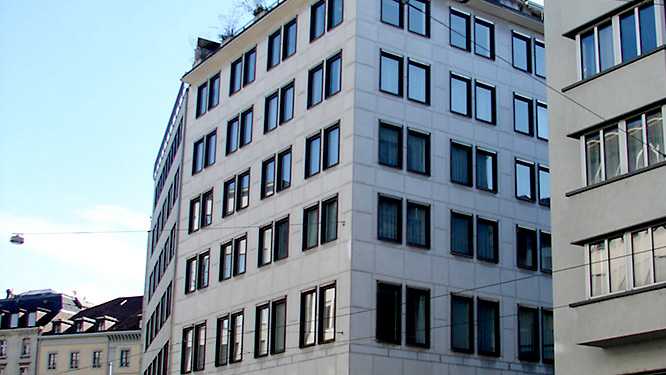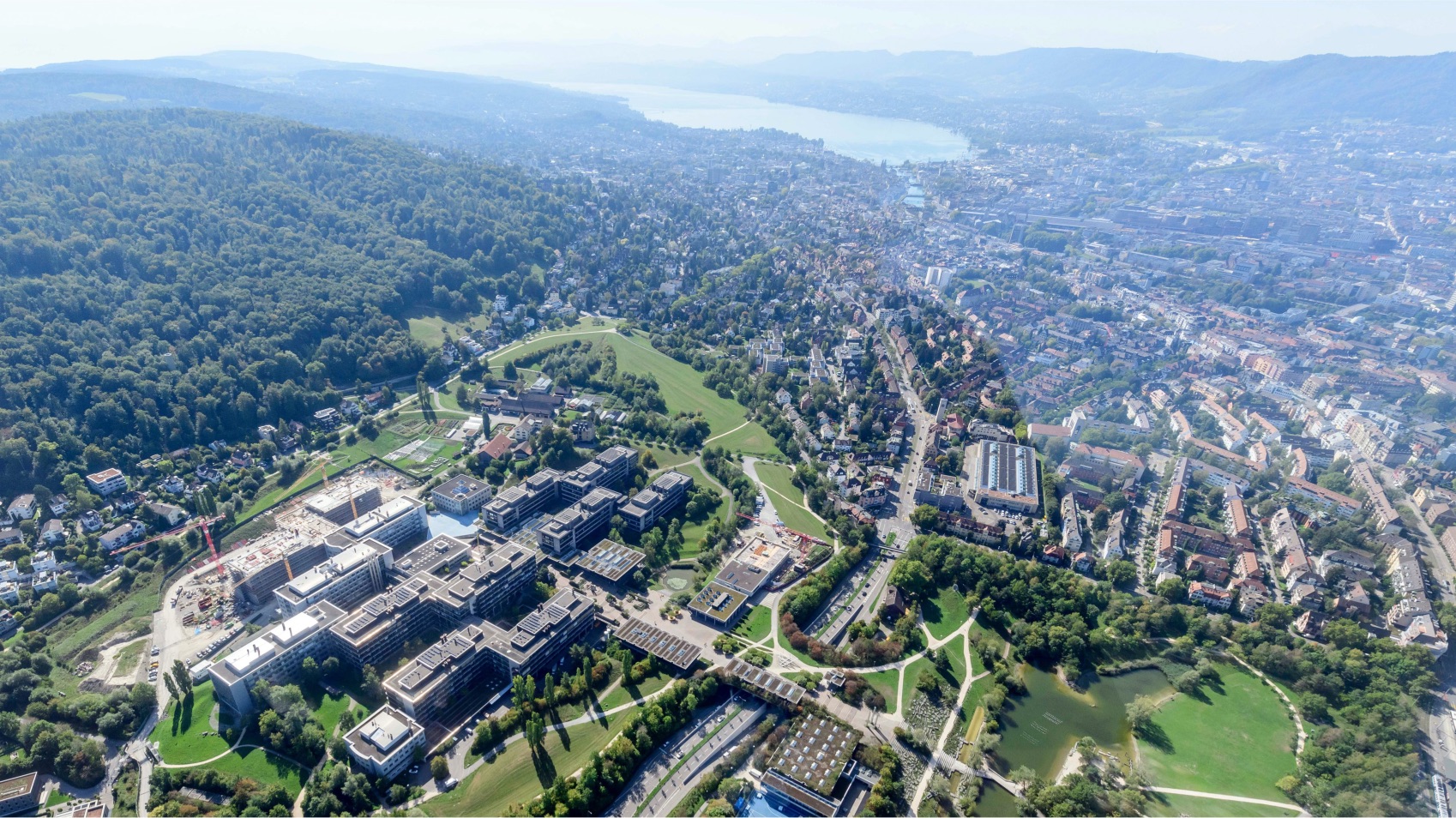Mentor System & Study Plan
The ETH master's degree programme in Computational Biology and Bioinformatics is a mentor-driven programme to grant students highest possible flexibility.
Students search for a mentor at the beginning of their studies.
Mentor and student jointly agree on the individual study plan, including planned courses in the core and advanced course category. The agreed and signed study plan is binding, updates require approval of the mentor.
Students are responsible to ensure their study plan complies with the MSc CBB degree programme regulations.
By the end of the first semester at the latest, students must have found a mentor and submit their study plan. The signed study plan must be submitted to the .
The Director of Studies will decide in case of disagreement between student and mentor. A change of mentor is only possible in exceptional cases and is subject of approval by the Director of Studies. Students who wish to change their mentor must submit a written, reasoned request to the . Please note that a change of mentor does not entitle to an extension of the study duration.
Study Plan Template
Study Plan TemplatePlanning Aid for Basel-based studies
MSc CBB Mentors at ETH D-BSSE in Basel

Prof. Niko Beerenwinkel
ETH D-BSSE
We analyze and design medical interventions in complex and rapidly evolving biological systems, such as cancerous tumors and intra-host virus populations. We develop and implement statistical, evolutionary, and network-based models and algorithms for the computational analysis of high-throughput molecular profiling data and apply these tools in several AI-driven personalized medicine initiatives, with a particular emphasis on oncology and virology.

Prof. Dagmar Iber
ETH D-BSSE
We develop data-driven, predictive models of biological signaling networks with a view to gain a comprehensive understanding of the dynamics and evolution of cellular signaling.

Prof. Mustafa Khammash
ETH D-BSSE
We develop advanced computational methodologies for the analysis and design of stochastic dynamics in systems and synthetic biology. We also use control theoretic methods to understand endogenous regulation and to engineer cybergenetic circuits that control living cells.

Prof. Michael Moor
ETH D-BSSE
Our group focuses on medical AI and medical foundation models. It is our vision to develop and evaluate AI systems that are flexibly multimodal and that can be instructed to follow a large variety of tasks across different medical contexts and data modalities. For this, we consider AI agent systems that retrieve medical information, leverage tools, learn from context, and reason step-by-step across medical modalities.

Prof. Tanja Stadler
ETH D-BSSE
The Computational Evolution group develops phylogenetic tools to understand evolutionary, ecological, epidemiological and developmental processes on different scales.

Prof. Joerg Stelling
ETH D-BSSE
The CSB group develops and applies computational and – most recently – experimental methods to analyze and design complex cellular networks, with a focus on large-scale mechanistic approaches.
MSc CBB Mentors at the University of Basel

Prof. Richard Neher
Uni Basel Biozentrum
- Evolution at the molecular level
- New algorithms to analyze evolutionary dynamics
- Predicting the evolution of pathogens

Prof. Volker Roth
Uni Basel Department of Mathematics and Computer Science
We work on machine learning and deep learning methods, with a focus on biomedical applications. Our activities include the development of statistical models for prediction, feature selection, clustering, network inference, but also image segmentation and causality mining.

Prof. Torsten Schwede
Uni Basel Biozentrum
- Computational Modeling of 3D structures
- Which mutations cause disease?
- Specific interactions with small molecule
- Macromolecular assemblies

Prof. Erik van Nimwegen
Uni Basel Biozentrum
- Deciphering the regulatory code of the genome
- Gene expression dynamics: from single cells to genome-wide regulatory programs
- Discovering the laws of genome evolution

Prof. Mihaela Zavolan
Uni Basel Biozentrum
- Cell type-specific programs of RNA processing and protein production
- The systems biology approach
- Regulation of gene expression in health and disease
MSC CBB Mentors at the University of Zurich

Prof. Michael Baudis
Uni Zurich Department of Molecular Life Sciences DMLS
The Computational Oncogenomics Group's research focus lies in the exploration of structural genome variations in cancer. Our work centres around our Progenetix resource of curated molecular-cytogenetic and sequencing data. Specific projects explore computational methods, genomics of selected tumour entities and genomic variant patterns across malignancies.

Prof. Amedeo Caflisch
Uni Zurich Department of Biochemistry BIOC
We use computers to understand processes of biological interest at a molecular level, for example those implicated in Alzheimer's disease. Similarly, we try to make testable predictions, for example in the discovery of drug candidates for pharmaceutical research.

Prof. Mark Robinson
Uni Zurich Department of Molecular Life Sciences DMLS
Research in our laboratory is focused on creating, comparing and understanding statistical methods and data science tools for processing and interpreting various types of genomic data.

Prof. Kentaro Shimizu
Uni Zurich Department of Evolutionary Biology and Environmental Studies
We address evolutionary and ecological questions in integrated biological sciences by exploiting novel genomics tools and machine learning. Our interests include robustness of polyploid species, language evolution, evolution of mating systems, and gene expression and image analysis in naturally fluctuating conditions termed in natura.

Prof. Christian von Mering
Uni Zurich Department of Molecular Life Sciences
As Computational Biologists and Bioinformaticians we are excited about algorithms, databases, large-scale data analysis, and biological questions that can be addressed by "connecting the dots". Our group often works in collaboration with scientist of other areas such as microbiology, proteomics, or systems biology. However, we also run many projects of our own - developing and maintaining freely accessible online resources, creating algorithms and software packages, and running critical assessments of technologies and data collections.



